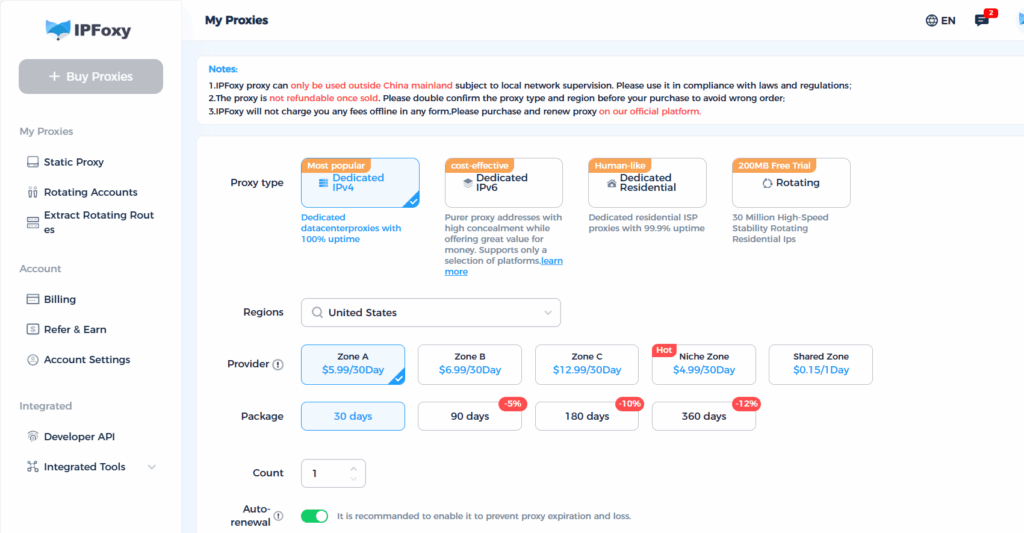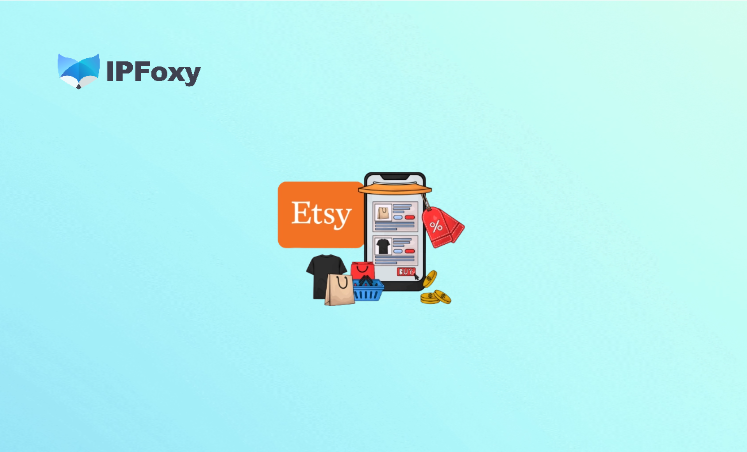With the continued rise of social commerce, TikTok has become a major traffic hub for global sellers and creators. In 2025, TikTok Showcase and TikTok Shop are the two core e-commerce tools, each providing different monetization paths for users with varying needs. This article explains how to open TikTok Showcase and compares it with TikTok Shop.
I. How to Open TikTok Showcase in 2025
TikTok Showcase allows creators to attach product links in short videos or livestreams, enabling content-driven sales. To open it, users must meet TikTok’s basic requirements.
1. Basic requirements
- Account: Personal accounts must complete identity verification. The follower threshold may vary by region (in some areas in 2025, it may be lowered to 1,000 followers).
| Region / Country | Follower Requirement | Other Key Conditions |
|---|---|---|
| Southeast Asia | ||
| Indonesia | ≥5,000 | Local business license + Indonesian bank account |
| Thailand | ≥3,000 | Identity verification + tax registration (if sales exceed threshold) |
| Vietnam | ≥2,000 | Product authorization certificate |
| Europe & US | ||
| UK | ≥1,000 | Bind PayPal/Stripe, provide ID |
| USA | ≥3,000 | SSN or EIN, compliance with FDA/FCC |
| EU (e.g., Germany, France) | ≥2,500 | VAT registration, GDPR compliance |
| Emerging markets | ||
| Middle East (Saudi Arabia) | ≥5,000 | At least 60% of content in Arabic |
| Latin America (Brazil) | ≥2,500 | Bind local payment tools (e.g., Pix) |
- Content compliance: No violation history, at least 5 original posts in the last 30 days.
- Qualification documents: Some product categories require brand authorization or cooperation proof.
2. Application process
- Go to your TikTok profile, tap ≡ → Creator Center.
- Select E-commerce tools → Apply for Showcase. Fill in store name, contact info, etc.
- Bind payment account (PayPal, Stripe, or local payment) and submit ID verification (passport/ID card).
- Wait 1–3 business days for review. Once approved, you can add products in videos or livestreams.

3. Key notes
- In 2025, TikTok may tighten Showcase content review, requiring stronger relevance between product and video.
- Some regions (e.g., Indonesia, UK) may require extra tax registration.
- For local accounts, make sure the IP you use matches your registration region. Avoid shared/VPS/dirty IPs, which often lead to shadow bans. Use static residential IPs from providers like IPFoxy to ensure clean and safe environments.

II. TikTok Showcase vs. TikTok Shop
While both serve e-commerce, they differ in positioning and usage:
| Comparison | TikTok Showcase | TikTok Shop |
|---|---|---|
| Core Role | Content-driven affiliate sales tool | Merchant-owned e-commerce platform |
| Entry Barrier | Low (follower-based, ideal for individuals) | High (business license, brand certificates) |
| Products | Third-party items | Own store’s items only |
| Traffic | Relies on organic content + limited subsidies | Dedicated store entry + ad campaigns |
| Fees | 5%–20% commission per sale | 2%–8% platform & payment fees |
| Complexity | Lightweight, content-focused | Requires store setup, CS, logistics |
| Best For | Influencers, small creators, side hustlers | Brands, supply chain operators |
III. Which to Choose: Showcase or Shop?
- Individual creators: Start with Showcase, focus on high-commission products (beauty, fashion), no inventory needed.
- Small businesses: If supply chain is stable, run both Shop (brand building) + Showcase (traffic boost).
- Brands: Shop as the core, combined with Showcase collaborations, forming a dual growth engine.
IV. 2025 Trends & Suggestions
- Tech upgrades: Expect AI-powered product selection, virtual try-ons, and other features integrated with Showcase for better conversions.
- Policy compliance: EU and Southeast Asia may enforce stricter tax regulations. Local compliance is essential.
- Operational strategy: Use short videos + livestreams for traffic. Showcase excels at “viral inflow,” Shop at “long-term repurchase.”
V.Conclusion
In 2025, TikTok Showcase and Shop will increasingly complement each other. Sellers and creators should choose based on their resources and goals, leveraging both tools to maximize social commerce opportunities. Keep up with TikTok’s policy updates, optimize content-product matching, and turn strategy—not luck—into sustained traffic monetization.


